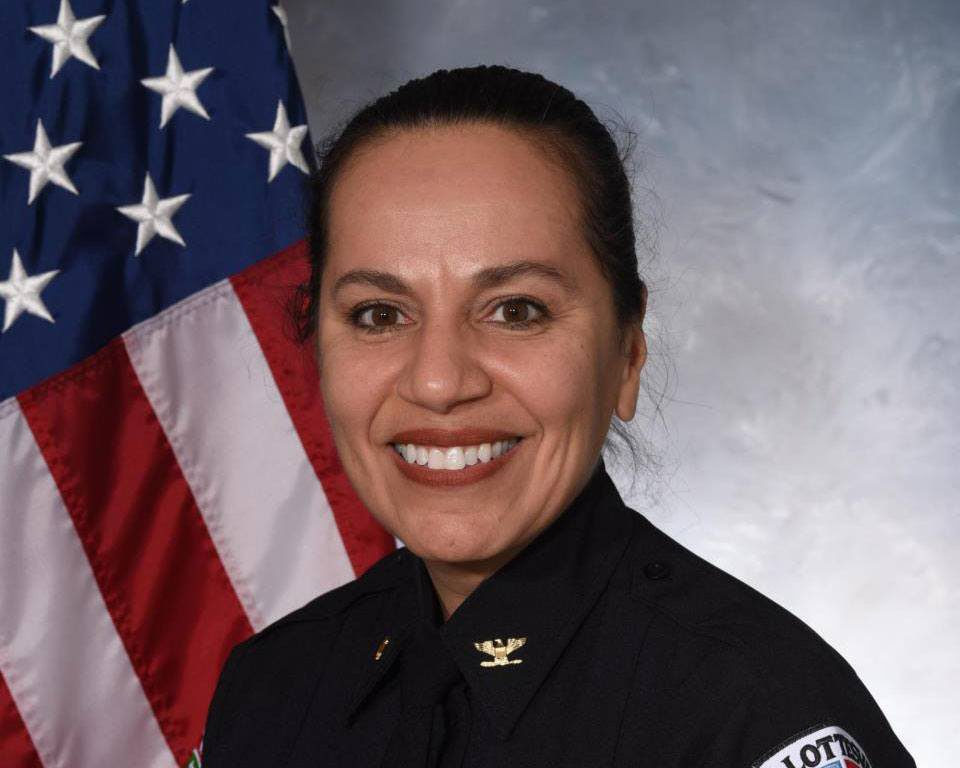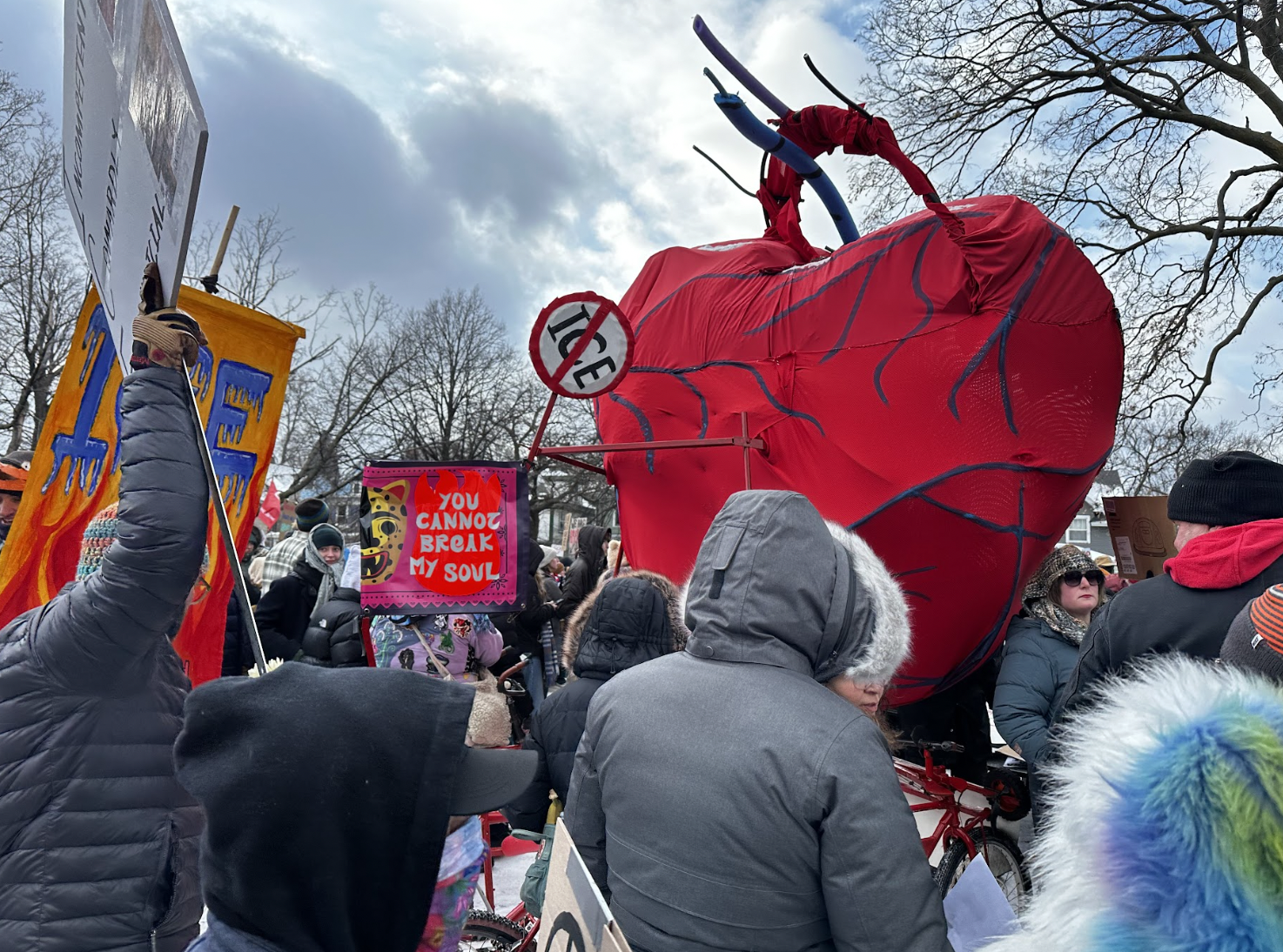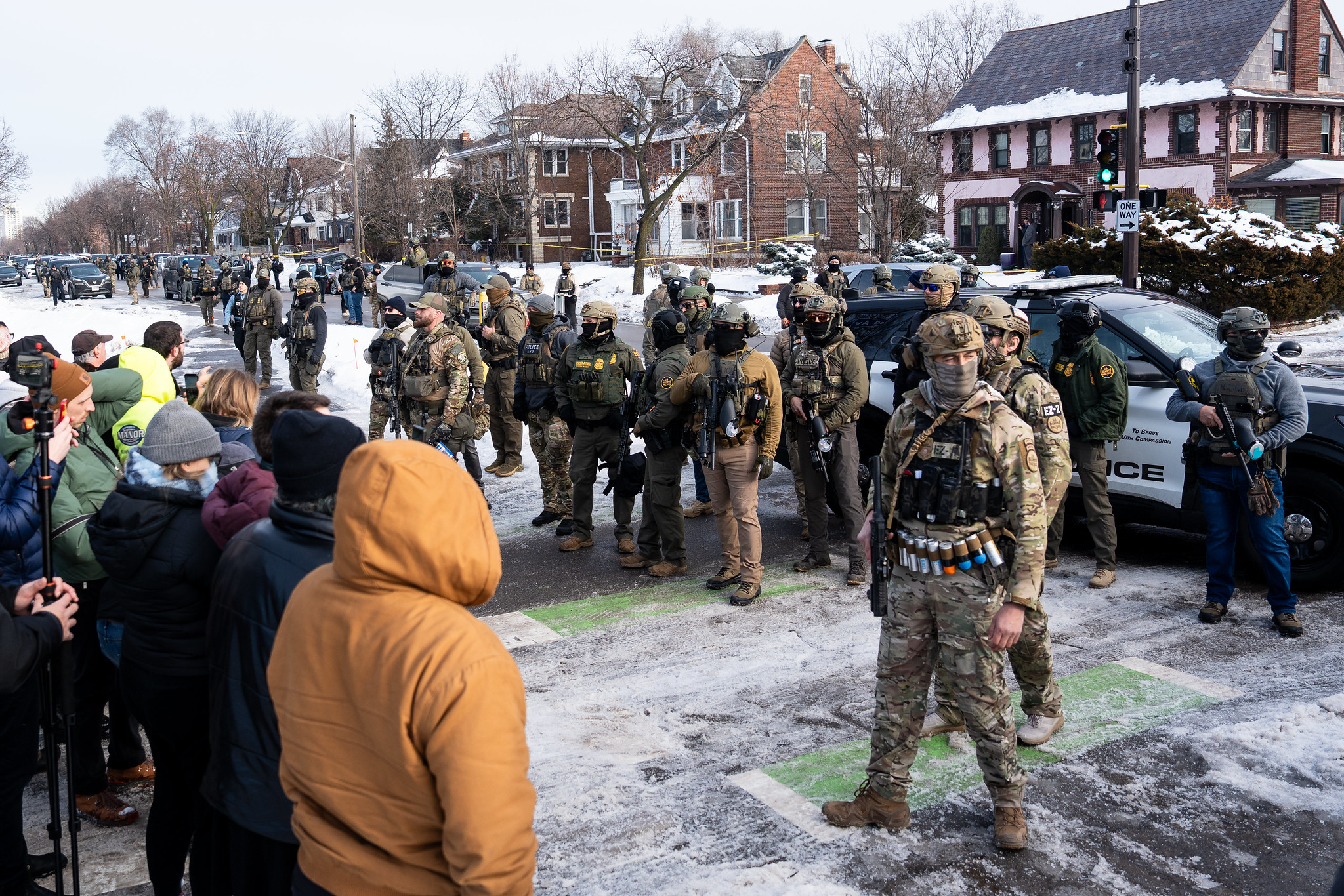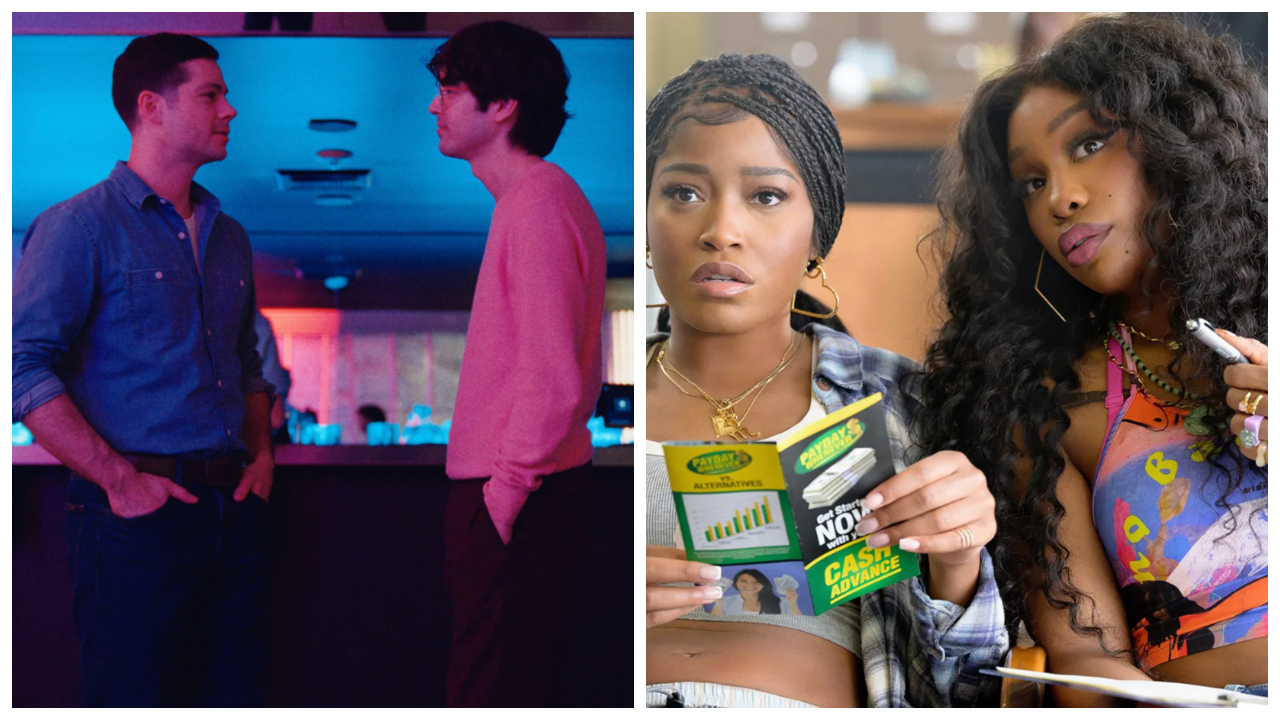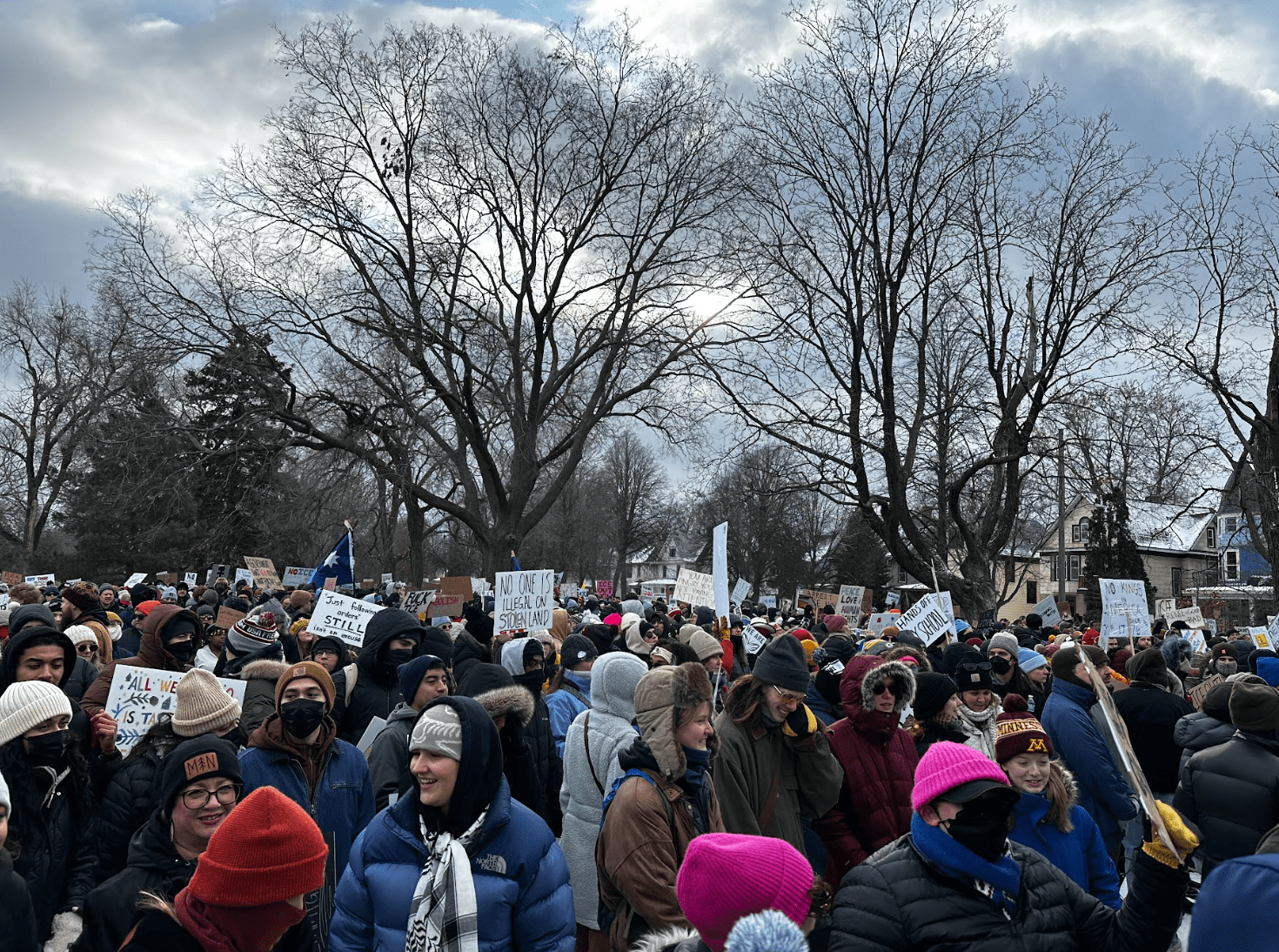In 2017, white supremacists and neo-Nazis descended on Charlottesville, Virginia. The rioters marched through the streets with torches, chanted vile slogans, and terrorized the city’s residents. The rally turned deadly when white supremacist James Alex Fields Jr. drove his car into a crowd and murdered counter-protester Heather Heyer.
Afterward, a report issued by a former federal prosecutor hired by the city found that law enforcement at every level had failed to protect Charlottesville’s civilians, noting decisions that “contributed to a chaotic series of events that led to violence and death.” Trust in city leadership had been shattered. Four months later, Police Chief Al Thomas, the first Black chief in the city’s history, resigned.
In this moment of crisis, Charlottesville hired RaShall Brackney to take charge of the force. Brackney, who had worked for the Pittsburgh Bureau of Police for three decades and as Chief of Police at the George Washington University, became the first Black woman to lead the Charlottesville Police Department. She was tasked with rebuilding the public's trust at a time when the community was demanding reform.
Three years later, Brackney was gone. The city manager fired her, saying her leadership had created a staffing crisis and left the department “gripped in chaos.” Brackney is suing the city for $10 million, alleging that she was discriminated against during her time in the role and that she was fired “without cause and to halt the work of dismantling institutional racism and supremacy within CPD.”
Now, she’s a finalist to become the next police chief of Minneapolis, the city government announced this month. Also on the short list: Elvin Barren, the Chief of Police in Southfield, Michigan, and Brian O’Hara, a former public safety director and deputy mayor in Newark, New Jersey. Both, like Brackney, have reform-minded reputations, though both have also received criticism from activists and progressives.
The question is, how much do a chief’s beliefs, intentions, or actions matter when faced with a police force traditionally resistant to reform? Like Charlottesville, Minneapolis is a few years into a long and overdue process of addressing concerns with police behavior—a process taking place with an entire nation looking on. Whether or not she becomes chief, Brackney’s stint in Charlottesville shows what can happen when a new, progressive chief takes the reins in a moment of upheaval. And it’s not always pretty.
Brackney’s reform record
“Law enforcement is at a crossroads right now,” Brackney said at her first press conference as Charlottesville Police Chief in May 2018. The department had an opportunity to “reshape the narrative on how we engage the community,” she continued.
The deadly Unite the Right rally in 2017 shone new light on issues that had existed for decades. Like many American cities, Charlottesville’s police force arrests Black people at disproportionate rates: From 2014 to 2016, 51% of people arrested in Charlottesville were Black men, even though Black men make up just 8% of the city’s population.
Elected politicians were hopeful for Brackney. Mayor Nikuyah Walker, elected three months previously on a progressive platform, called her early interactions with the new chief “refreshing.” Wes Bellamy, a progressive councilor, said Brackney had promised to bring a “transformational style of policing” to the department.
During her tenure, Brackney disappointed some progressives while also alienating the rank and file. She publicly resisted civilian input and city council oversight, but she also showed a determination to shake up the status quo and discipline her own officers in a way that is rare in U.S. police departments. (Brackney did not respond to a request for comment on this story.)
After the rally, the community agitated for the creation of a Police Civilian Review Board, a body in which a selection of citizens would review complaints made against the police department. (Minneapolis has had a civilian review board in one form or another since 1990, though the city and the police have rarely acted on its findings.) It took five years for Charlottesville’s board to get up and running—it heard its first case this August. Shortly after her hiring, Brackney expressed skepticism about the purpose of the board. “I’ve never been able to understand or get a clear answer as to why there was the development of a Civilian Review Board here,” she told C-VILLE in 2019.
Brackney was also less than forthcoming about the specifics of the police budget. The department faced calls to release a detailed, itemized breakdown of its $18 million annual budget, but it never did. In 2020, Councilor Lloyd Snook called the police budget a “black box,” and Brackney declined to answer City Council’s questions on the subject.
Occasionally, Brackney spoke out to defend her officers. When the local Unitarian Church wrote an open letter accusing an officer of racially profiling one of the church’s congregants, the department conducted an internal review and found that the officer had committed no wrongdoing. In a press conference after the incident, Brackney called the letter a “smear campaign” and said the church’s accusations were “baseless and race-baiting.”
Yet Brackney demonstrated a commitment to changing the culture in the department. She worked to establish a LEAD program, which would have diverted low-level offenders from entering the criminal justice system. She also ended the department’s relationship with a regional drug enforcement task force that targeted low-level offenders.
Brackney removed problem officers from the force. In March 2021, the department announced that two Charlottesville police officers had been let go. One officer was convicted of misdemeanor assault and battery for slamming a Black civilian into a wooden fence. The other was found to have violated the department’s use of force policies when he tackled and concussed a Black resident during a traffic stop.
“They have harmed the community, and for their actions I am sorry,” Brackney said of the officers in a press conference after the firings.
Brackney’s officers weren’t always happy about her new ideas. Tensions between the chief and her staff reached a boiling point last summer, when another wave of officer misconduct came to light.
Members of the city’s SWAT team had engaged in a wide array of reprehensible behavior, an internal probe revealed. They took videos of their kids setting off explosives, shot city-owned guns at private events, exchanged lewd messages on their work phones, and threatened their bosses—one officer, frustrated with department leadership, suggested “we kill them all and let God sort it out.”
In response, Brackney disbanded the SWAT team, a move that rankled her subordinates. Two months later, the local Police Benevolent Association released an anonymous survey in which 66 officers aired their complaints against Brackney. Officers griped that the department’s use of force policies were too strict and that they had to fill out too much paperwork. “Leadership panders to the public instead of providing support to officers,” one officer wrote.
“The citizens themselves constantly think we are racist and are throwing it in our face,” wrote another officer. “Disregard that they are being racist to us for wearing a uniform.”
Two weeks after the survey was made public, Chip Boyles, the city manager at the time, fired Brackney.
The survey “revealed substantial concerns of trust and confidence in the leadership,” Boyles wrote in an op-ed after the decision. Boyles sided with the officers. “I took decisive action to prevent key leadership positions—which were in jeopardy of becoming vacant—from erupting into deeper divides within the department,” he wrote.
After her departure, Brackney sued the city, saying she’d been discriminated against for her race and gender and fired because she tried to get rid of bad apples
“For the actions I took, for the attempt to dismantle racism, misogyny, nepotism, and police violence, I was deemed, quote, ‘not a good fit’ for this city,” Brackney said at a press conference announcing the lawsuit last November. “My reward for challenging the system of supremacy? Termination.”
Last month, the city requested that a federal judge dismiss the lawsuit, and it remains to be seen whether the litigation will move forward.
In August, on the fifth anniversary of Charlottesville’s white supremacist rally, the Washington Post published a profile of the ousted chief. In the piece, she told the Post that she was so concerned for her safety that she unholstered her gun as she walked to her car in the evening. Her efforts to change the culture in the department left her afraid that her own officers would cause her harm.
And what about Minneapolis?
Just as Charlottesville leaders had promised following the Unite the Right rally, Minneapolis mayor Jacob Frey has pledged changes to policing in the two years since the murder of George Floyd.
“This will be one of the most consequential hires we ever make,” reads an August 17 statement from Frey detailing the department’s search process. “The importance of hiring a reform-minded Chief of Police to lead a culture shift in our department cannot be overstated.” Frey has repeatedly contended that changing police culture is more significant than implementing new policies—or, in his oft-repeated phrase, that “culture eats policy for breakfast.”
Civil rights lawyer Jeff Fogel has been one of Charlottesville law enforcement’s harshest critics in decades. When he heard Brackney had been named a finalist for the Minneapolis job, he says his first thought was, “Good for her and good for Minneapolis.”
Fogel says he didn’t agree with Brackney on everything, but appreciates that she was willing to engage in dialogue about the complexities of policing.
“We had disagreements about how open the police department should be in particular—what documents could be open, what video we could see,” he says. “But we spoke to each other and laid out those arguments, which is something that other police chiefs just don’t do.”
As a reformer, Brackney was limited by the people and structures around her, Fogel says.
“There are aspects of the community that are progressive,” he says. “The police department was not. She came in with a whole lot of progressive ideas. They didn’t like it. She faced strenuous opposition from the ranks and no support from above.”
Don Gathers, a Black racial justice activist in Charlottesville, tells the same story. Brackney’s ideas “were never embraced by the people she worked with and worked for,” he says. “She did try to effect change, but the old guard was unwilling to embrace those changes.”
Arriving shortly after the white supremacist rally made Brackney’s job harder, Gathers says.
“She essentially came into a no-win situation. I don’t know that anyone would have been truly effective,” he says. “The community at that point was not that embracing of the police department, or police in general.”
This narrative might feel familiar to people in Minneapolis, where nearly 44% of voters backed a proposal to eliminate the Police Department and institute a Department of Public Safety. Michelle Phelps is a sociologist at the University of Minnesota who has studied and written about policing in the city. The last two chiefs, Janeé Harteau and Medaria Arradondo, both tried to reform the department, she says. They put the officers through enhanced training and tried to emphasize deescalation during police-civilian encounters.
In the last two years, the city has made some policy changes, too, like increasing funding for mental health emergency responders and crisis intervention programs. “Still, this seemingly pervasive culture of racism and brutality in the police department has persisted,” Phelps says.
Police chiefs only have so many levers they can pull. Arradondo, a homegrown figure who remained popular even as public opinion turned against the MPD, “was positioned to do big things,” Phelps says. “What he largely faced was the same thing every single progressive police chief in Minneapolis—and many other cities—has faced before him, which is that his politics differed from the rank and file.”
Phelps hopes the new chief will continue to embrace alternative ways to keep the community safe.
“The most exciting thing a police chief could say to me would be, ‘Maybe we don’t need more officers,’” she says. “Maybe we need to figure out how the city scales up some of these alternative programs, so that police can focus on serious violent crime.”
Yet that leaves open the question of how the mayor, and, more importantly, the police force, would respond to such suggestions from any chief. At stake here is nothing less than the claim that police departments, in Minneapolis or elsewhere, are at all reformable—a claim that a significant percentage of Minneapolis voters have already rejected. As Gathers puts it, "She is leaving a very troubled system, and would be going to another highly troubled system.”
Ben Hitchcock was the editor of Charlottesville alt-weekly C-VILLE until March 2022, where he covered Brackney's tenure and departure extensively.
